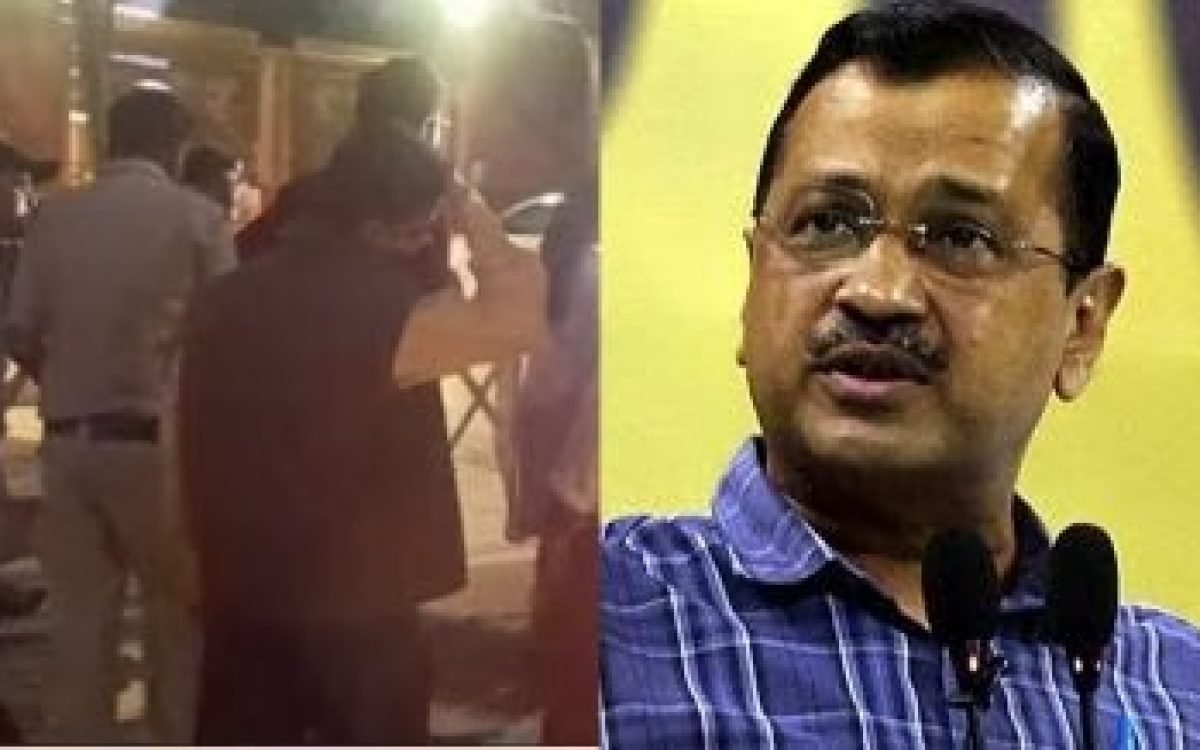The latest developments in Delhi politics have once again put Chief Minister Arvind Kejriwal in the spotlight as a team from the Enforcement Directorate (ED) arrived at his residence in North Delhi’s Civil Lines. This move comes after the Delhi High Court’s decision to deny Kejriwal protection from coercive action in connection with the excise policy case.
The High Court’s refusal to grant interim relief to Kejriwal underscores the intensifying legal and political challenges facing the Aam Aadmi Party (AAP) leader. The division bench’s decision not to intervene at this stage has implications for the ongoing investigation into the excise policy case, as well as the broader political landscape in Delhi.
Kejriwal’s repeated summons by the ED, now for the ninth time, adds further complexity to the situation. While Kejriwal’s spokesperson, Atishi, has expressed willingness to cooperate with the investigation, there are concerns within the AAP camp about the ED’s motives. Accusations that the ED is being used as a political tool by the Bharatiya Janata Party (BJP) highlight the contentious nature of the case.
Amidst these developments, the political atmosphere in Delhi is heating up, especially with the approaching Lok Sabha elections in 2024. The alliance between AAP and Congress, though formed, is yet to fully materialize into a coordinated campaign strategy. While AAP is gearing up to contest from multiple constituencies, including South, West, East, and New Delhi, Congress has its sights set on Chandni Chowk, Northwest, and Northeast Delhi.
The unfolding drama surrounding Arvind Kejriwal’s legal battles and the impending electoral showdown underscores the high stakes involved for all political players in Delhi. As the investigation progresses and the political landscape evolves, the ramifications of these events are likely to reverberate across the city and beyond, shaping the future trajectory of Delhi’s political landscape.









